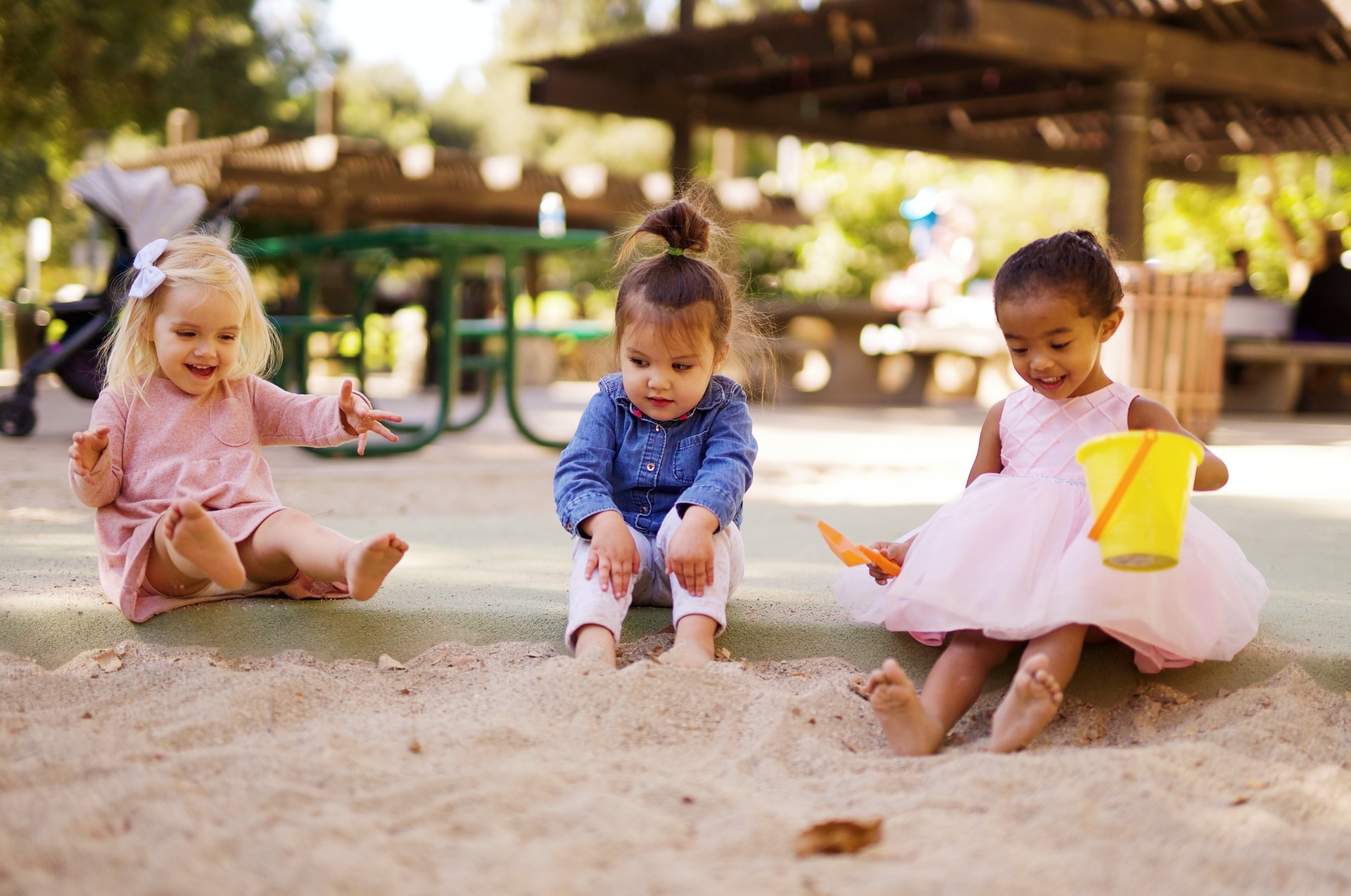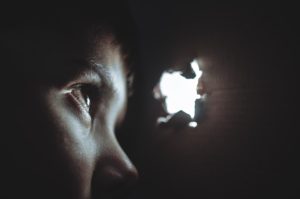Being social is more than having something fun to do with friends. Being social includes interacting with others in meaningful ways for a wide array of reasons. Being social with friends, family, and colleagues helps us develop into happy and healthy humans who thrive.
Being social begins at birth. Being held and cared for is the first socialization we have. Developing a sense of trust and depending on parents and caregivers to nurture us while we are helpless is the first experiences we have as social creatures. If these are positive, it enhances our socialization and we thrive. If they are negative, it can cause us to stunt our socialization and create mental and physical problems.
Babies need to be cuddled and held to develop socially. As they grow, engaging them every day helps them develop their minds and their psyches in positive ways. Most small children are hyper-focused on their relationships with their parents and immediate family who model healthy socialization for their development.
Typical school-age children thrive in community. They enjoy friends and teachers and soak up social skills like a sponge. They learn by being taught social skills directly as well as observing social norms passively. Kids learn how to be social by watching other kids and internalizing what they see.
Middle-school and high school kids want to fit in more than anything else. Developmentally, being accepted by their peer group is the primary drive during adolescence. Though some kids march to the beat of their own drum, most seek to conform and blend in with their peers rather than stick out.
Young adults begin to socialize in a wider scope. During young adulthood, people seek out like-minded friends to socialize with. Whether this is finding a tribe in college that has the same major or a group of young mothers who have children similar ages. Young adults are more deliberate about finding people to spend time with.
Middle-aged adults may be empty nesters and have established or nearing the end of their careers. This creates an opportunity to recreate or be social in new and exciting ways. Middle-aged folks may break free from socializing with families of their kids’ friends based on sports or other activities their kids have. Middle-aged people often begin revamping their social lives to be more personally satisfying and focused on activities they actively enjoy.
Elderly people run the risk of being socially isolated. In the same way infants require their family to engage them socially, elderly people need family to help them stay mentally acute and thriving. Elderly people may have limited mobility or access to peers. Also, many times their peer group dwindles as people pass on. Regardless, it’s very important for elderly people to have meaningful relationships and not be ignored or neglected.
From the cradle to the grave, we need socialization to stay healthy. Being involved with other people helps us grow, mature, and sustain our mental and physical health throughout our lives.




